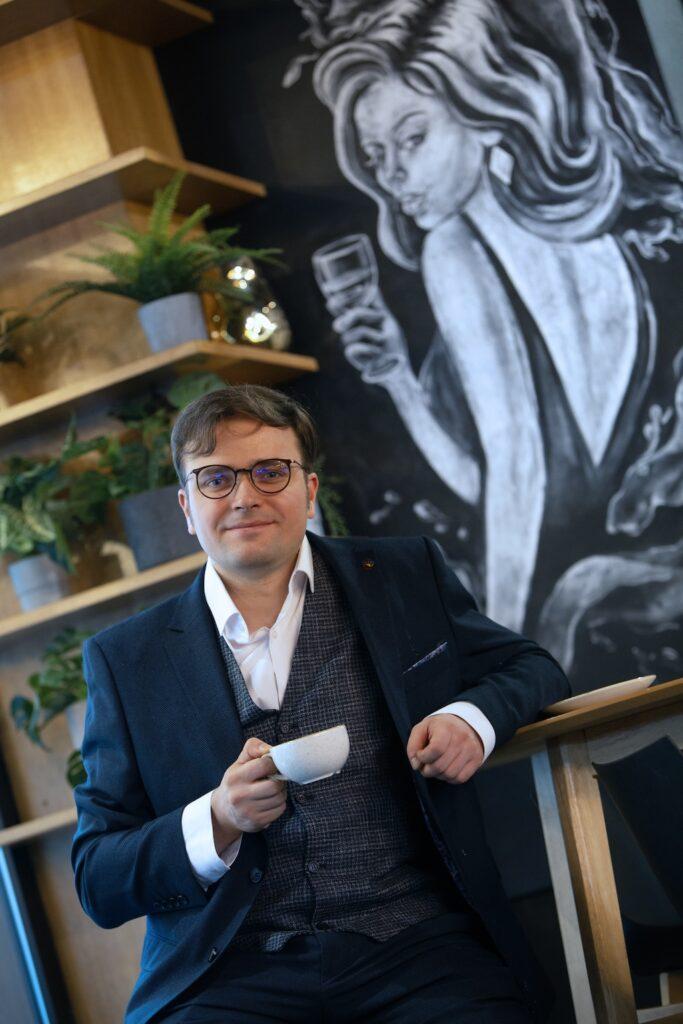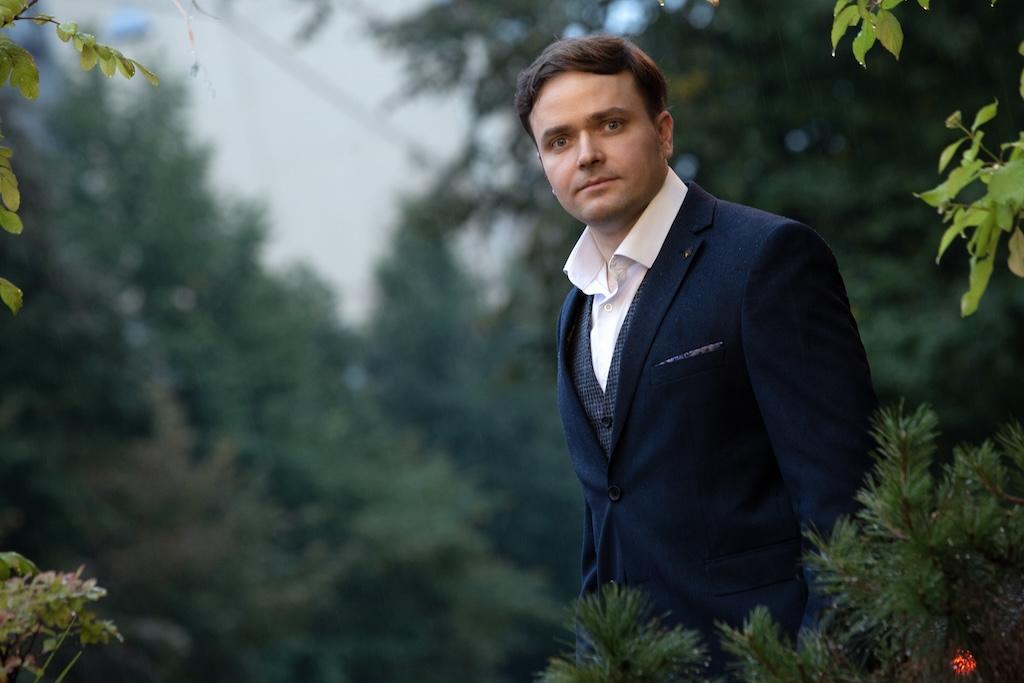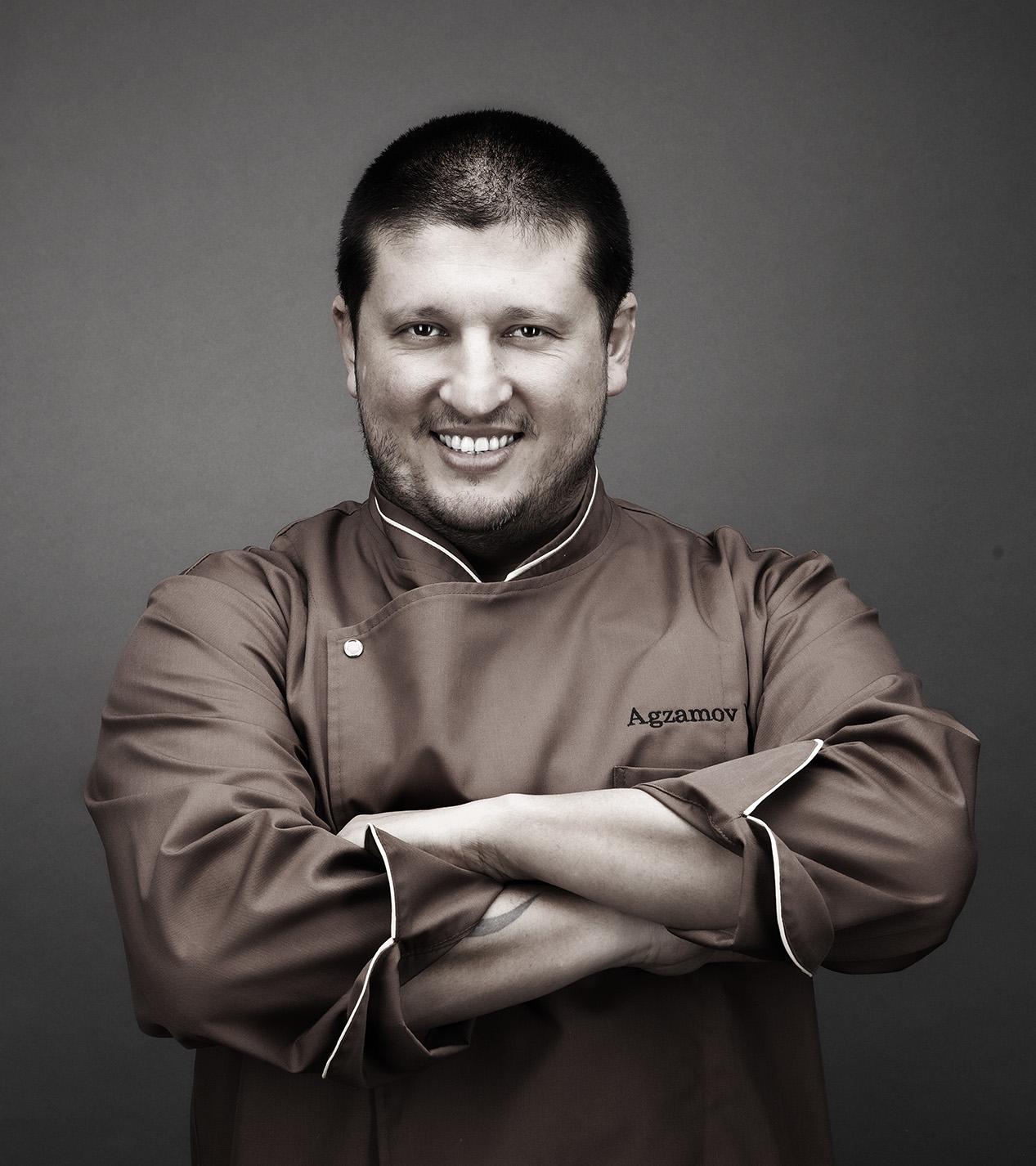PH.D., A PSYCHOSOMATIC MEDICINE PHYSICIAN, SPECIALIST IN PSYCHOTHERAPY, LECTURER AT THE UNIVERSITY OF LATVIA AND PAULS STRADINS UNIVERSITY, SUPERVISOR, MEMBER OF THE EUROPEAN ASSOCIATION FOR PSYCHOTHERAPY, MEMBER OF THE BOARD OF THE LATVIAN ASSOCIATION FOR PSYCHOTHERAPY, AUTHOR OF SCIENTIFIC ARTICLES, DEVELOPER OF AN ORIGINAL METHODOLOGY FOR BURNOUT PREVENTION AND BODY AWARENESS THROUGH MOVEMENT
Tell us a bit about your journey into psychotherapy. How do you define your methodology in psychotherapy, and which methods do you most frequently employ?
I studied at the medical faculty, and at that time, the idea of alleviating suffering without medication fascinated me. It seemed miraculous to help through conversation alone! We often underestimate the power of words on our well-being. That’s how I ventured into psychosomatic medicine. Later, I continued my education in psychodynamic-analytic methods, had practical experience in Germany, and furthered my studies in Lithuania. While working, I delved into crisis intervention methods and supportive psychotherapy. This year, I defended my doctoral dissertation on the correlation between depression and cardiovascular diseases. It is crucial to cope with stress and difficulties without self-destruction, to build relationships skillfully. These are as essential for health as regular check-ups with a doctor. In essence, my work revolves around improving people’s quality of life. Each person has a unique story, and finding an individualized approach is paramount.
What typical crises or problems do you observe in your clients?
Clients typically come to me to address relationship issues – conflicts and misunderstandings in couples, between parents and children, difficulties in building relationships, the loss of a loved one, or divorce. Additionally, many seek assistance with workplace problems – burnout, issues with colleagues or superiors, and a desire to make changes in their career paths. When facing a serious illness, individuals often seek support from a psychotherapist, especially in their native language, particularly when many people relocate from one country to another. It’s worth noting that rarely is there only one problematic aspect; more often, the therapeutic process involves addressing multiple issues simultaneously.

How do you assess the importance of psychological health in contemporary society?
The level of stress in modern society continues to rise, making it crucial to maintain emotional stability. Those with high «psychological resilience» can endure more, assist loved ones, seize opportunities, and preserve or enhance their relationships. The greater the stability, the lower the risks. Currently, caring for mental health and practicing psychohygiene are becoming not a luxury but a necessity. Psychohygiene is the science of preserving and achieving mental health. It’s essential to remember that our emotions matter. Moreover, not everyone shares the same views as you, and things obvious to you may be completely unnoticed by others. Many problems can be solved by addressing them directly. People often live within the confines of their harmful beliefs and others’ stereotypes, which can be changed.
You’ve also organized retreats! What advantages do retreats offer, and what topics are typically addressed during such events?
Organizing retreats involves a team of specialists from various fields. The mission that my colleagues and I pursue in conducting retreats is to restore vitality and achieve harmony. In simpler terms, it’s an opportunity to take a break away from the hustle and bustle of the city and everyday problems, spend time alone, reflect on current events in life, and learn self-care.
The impact of a retreat goes much deeper than, for example, listening to a lecture on YouTube. This is because there’s a chance to unload the mind, not be distracted by mundane issues, change the environment, turn off information noise, and actively try out various stress-reducing techniques and ways to improve the quality of one’s life.
We offer intensive programs ranging from two weeks to several days, encompassing a variety of practical sessions – from physical exercises to tasks related to recognizing burnout and methods to overcome it. The «core» of the retreat largely depends on the specific audience it is organized for.
«Every psychotherapist needs a personal psychotherapist», is that true?
Yes, it is. However strange it may sound, it’s absolutely logical. In my profession, the most crucial instrument is ourselves. Communicating with people who are suffering, experiencing intense emotions, often negative ones, consumes certain resources. It’s crucial for a psychotherapy professional to maintain contact with reality, be empathetic, and compassionate. Therefore, seeking help from another specialist who can timely point out issues and tune into a more nuanced perception is beneficial. In reality, it’s a necessary condition for practice and a part of psychohygiene.
How do you deal with emotional exhaustion in your work and recharge your energy?
I work on aligning my lifestyle with what I advise to others. I use meditative practices, breathing exercises, engage in physical activity, monitor my diet and routine. I practice historical reconstruction – historical European martial arts (HEMA) – and study kenjutsu. I regularly consult with my personal psychotherapist and supervisor. It’s the foundation for good work in my field.
Not everyone can seek help. How do you approach working with clients who may feel shame or uncertainty about reaching out to a psychotherapist?
I approach it calmly. Seeking help from a mental health professional in modern society is still stigmatized, considered something negative and shameful, especially among men. Despite seeking help when needed being a sign of mental health, the belief that it’s better to talk to a friend in the kitchen or have a stronger drink still persists. I believe it’s worth noting that the therapist’s task is to create an accepting and safe environment. In the therapy room, there will be no moralizing, judgment, imposition of viewpoints, or pressure on the individual. Our goal is to understand what’s happening, help navigate, find solutions to difficult situations, and support the process of change.
Tell us about your experience with online psychotherapy and what considerations you take into account when working remotely with clients.
Online counseling has many advantages, such as time savings, immediacy, accessibility from anywhere in the world, the opportunity to receive assistance in one’s native language, and a comfortable environment. It’s convenient. Otherwise, face-to-face and online work are not very different, except that physically we are in different locations, not in the same office. The principles of the work remain unchanged.
What is your vision of the ideal psychological state for an individual, and what stages do you consider necessary to achieve it?
I wouldn’t say there is an ideal psychological state. For a healthy person, it’s normal to experience the entire spectrum of emotions, recognize them, live through them, and be able to express them. There are no «bad» emotions; they all communicate something. For example, anger is a normal reaction when our boundaries are violated. Here we can talk about signs of mental health in general. It includes the ability to love, work, play, build relationships, resolve conflicts, live in harmony with one’s values. It also involves the ability to seek help, as I mentioned before. This list can be further extended, but essentially, with these foundational skills, a person can handle any adversity.

What resources, such as literature, films, or art, do you recommend to your clients to maintain positive thinking and inspiration?
I wouldn’t consider the idea of «always being positive» to be necessarily good. If a person has lost joy and interest in life, it could be a symptom of depression, and a book is unlikely to help in such a case. I think it’s useful to periodically ask oneself questions, especially if you increasingly feel that something in life is not right. By asking yourself, «What is happening right now?», «What am I feeling?», «Why and for what purpose am I doing what I am doing?», you can discover many interesting things that you may not have thought about before. Support from close people and living in harmony with one’s values and moral compass generally serve as a source of strength, allowing one to keep their chin up and move forward. In general, it’s beneficial to immerse oneself in creativity, as it reveals the diversity of human experience. In one way or another, reading a story or watching events unfold in a movie, we empathize with the characters, especially if they go through similar difficulties. How they solve problems gives us a new perspective to look at our own life from a different angle. There is a certain therapeutic effect in this. If anyone is interested in exploring the world of psychotherapy, I recommend the books of Irvin Yalom. A few years ago, my book «The Chameleon Girl» was published, discussing life with a mental illness and the healing process.
What personal lessons have you learned through your work in the field of psychotherapy?
One of the most significant lessons is that communication truly helps; we all need support. Expressed empathy or compassion can alleviate the state of even the most hopeless situations.
Even strong individuals can have vulnerabilities, experience difficulties, and struggle with something.
Loneliness is a significant social problem that causes suffering.
Fears can be worked through. Despite often finding the roots of our problems in childhood, parents are not always to blame for what happened.
@tarassivascenko









